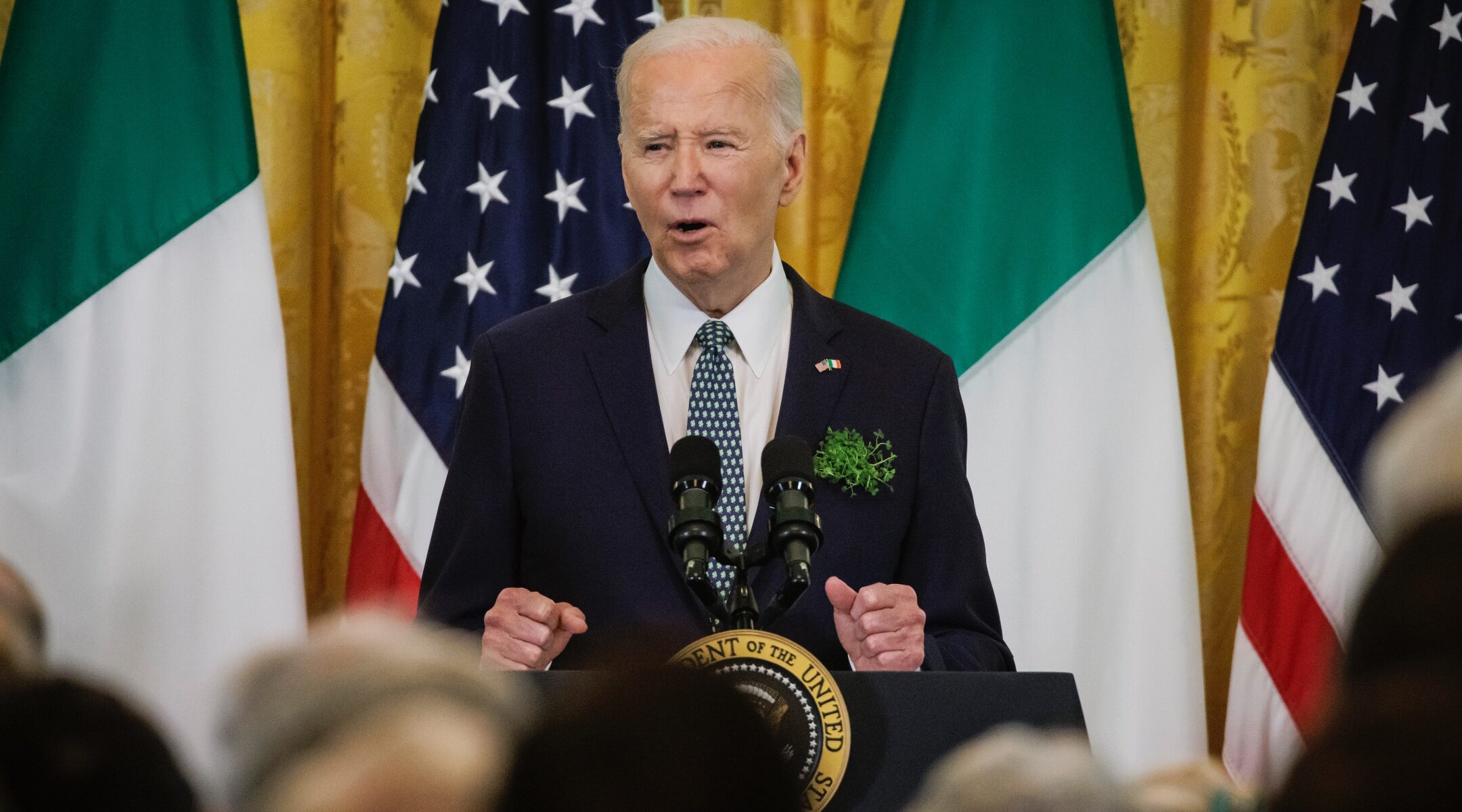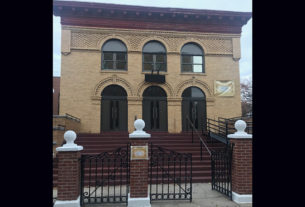WASHINGTON ((JEWISH REVIEW)) — President Joe Biden told Prime Minister Benjamin Netanyahu that how the United States deals with Israel’s war with Hamas depends on what Israel does to mitigate dangers for aid workers and for humanitarian assistance in the Gaza Strip.
Within hours, Israel loosened controls on humanitarian aid entering the enclave.
Biden’s 30-minute call on Thursday with Netanyahu, their first since March 18, came three days after Israeli drones struck and killed seven workers with World Central Kitchen, including one American. It was the latest suggestion that the Biden administration is substantively reconsidering what has been its broad support for Israel since Oct. 7, when Hamas launched the war by massacring some 1,200 people in Israel and kidnapping approximately 250.
Biden “made clear the need for Israel to announce and implement a series of specific, concrete, and measurable steps to address civilian harm, humanitarian suffering, and the safety of aid workers,” the White House said in a readout of the call. (Netanyahu’s office did not provide a readout.) “He made clear that U.S. policy with respect to Gaza will be determined by our assessment of Israel’s immediate action on these steps.”
There were immediate signs that Biden’s pressure was having an effect. Late Thursday, Israel’s Security Cabinet approved opening the Erez Crossing in northern Gaza to humanitarian aid convoys, a spokesperson for one of the ministers confirmed to the Jewish Telegraphic Agency, who said the port in the nearby Israeli city of Ashdod would open to deliveries of humanitarian aid.
Biden’s spokesman declined after the president’s call with Netanyahu to detail what a reassessment of U.S. policy with respect to Gaza would mean.
“I’m not going to preview any potential policy decisions coming forward,” said John Kirby, the National Security Council spokesman, at a briefing for reporters. “What we want to see are some real changes on the Israeli side. And, you know, if we don’t see changes from their side, there’ll have to be changes from our side, but I won’t preview what that could look like.”
A growing number of Democrats have called for Biden to condition or withhold aid to Israel, or said that they are considering doing so for the first time. On Thursday, Sen. Chris Coons of Delaware, a Biden ally who has strongly supported Israel, said he would vote to condition aid if Israel does not assure safety for civilians during an invasion of Rafah, the southern Gaza city where more than 1 million Palestinians have sheltered. “I’ve never said that before,” he said on CNN.
In an earlier statement, Biden said he believes the World Central Kitchen killings were not isolated and accused Israel of not doing enough to protect aid workers and civilians. Israel has said the killings were a mistake and has since taken measures to mitigate risks to aid workers, including elevating the level of communication between aid groups and the military command.
In February, Biden issued an executive order conditioning the delivery of military assistance to allies on allowing humanitarian assistance to reach civilians in the zone where the arms are used, an action that appeared aimed at Biden’s concerns that Israel was not doing enough to allow in the aid.
Netanyahu has been preoccupied with threats by Iran to retaliate for the assassination in Syria of a top official of the Islamic Revolutionary Guards Corps, which it has blamed on Israel. That issue also came up in the call Thursday, according to the White House readout, which ended on a note affirming the U.S.-Israel alliance.
“The two leaders also discussed public Iranian threats against Israel and the Israeli people,” it said. “President Biden made clear that the United States strongly supports Israel in the face of those threats.”




